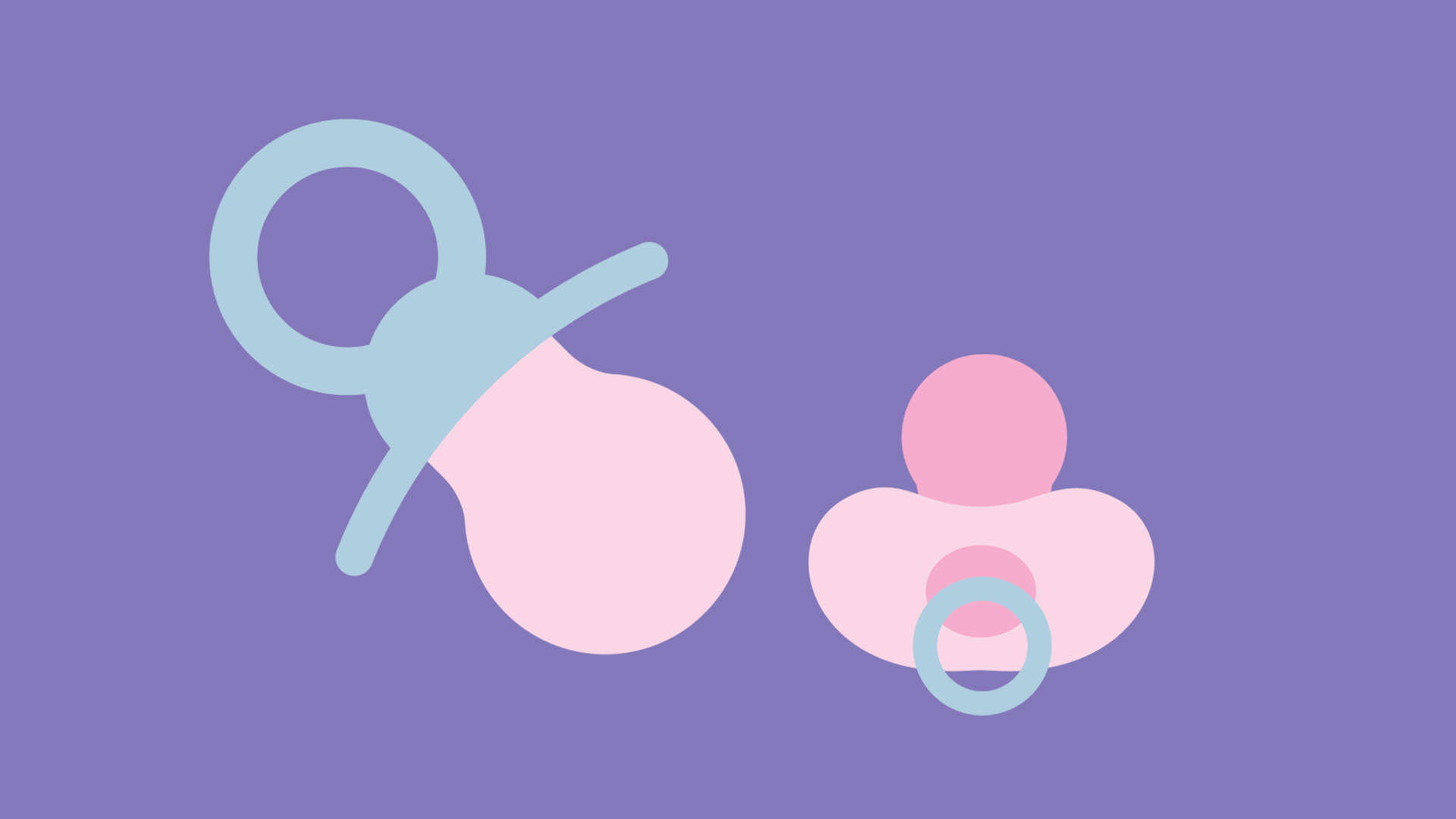Sleep is essential, as disturbances are known to inhibit emotional memory and decision-making, trigger brain structure connectivity network alterations, and even prevent the cleansing of cerebrospinal fluid and blood plasma, all of which may lead to an onset of mental illness.
In a recent study, researchers at the University of Birmingham detail how sleep problems among infants may lead to mental disorders in adolescence, particularly personality and psychotic disorders.
The study, released online in the peer-reviewed journal JAMA Psychiatry, analyzed questionnaire data from the UK-based Avon Longitudinal Study of Parents and Children.
The data included over 7,000 participants with a history of psychotic symptoms in adolescence and over 6,000 with symptoms associated with borderline personality disorder (BPD) in adolescence.
Among the participants, sleep patterns were assessed by parents at 6, 18, and 30 months old. The same assessment was conducted again at 3.5, 4.8, and 5.8 years old while taking into account emotional temperament, family adversity, and childhood abuse. The study occurred between April 1991 to December 1992.
In the findings, it was determined that infants who frequently experienced sleep disturbances and irregular sleep patterns at nighttime were at a higher possibility of exhibiting psychosis once they reached adolescence. Infants who got less sleep at night or went to sleep at a later than normal time span were at an increased risk of borderline personality disorder at adolescence.
“The findings suggest that some behavioral sleep problems in childhood are distinctively associated with the onset of psychosis and BPD in adolescence, following different pathways,” the co-authors stated in their findings.
“Furthermore, depression at 10 years of age may mediate only the association with psychosis. These findings contribute to the design of more personalized interventions in psychosis and BPD.”


